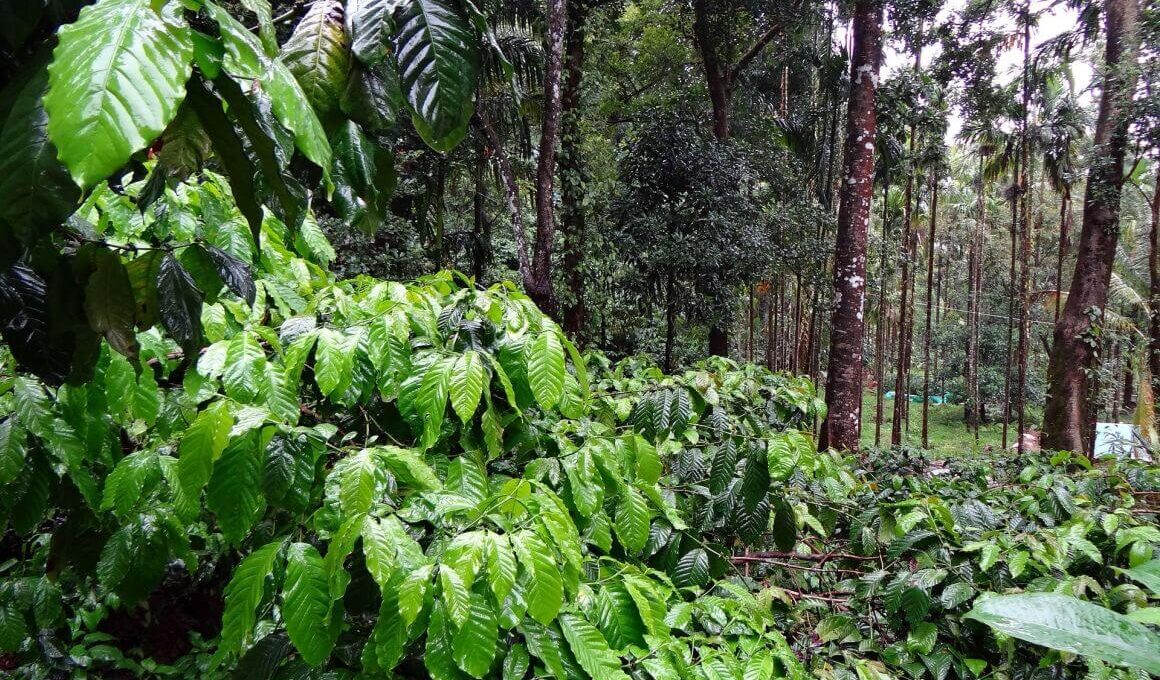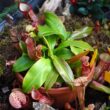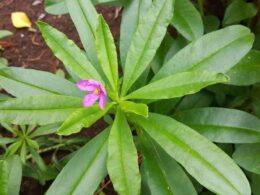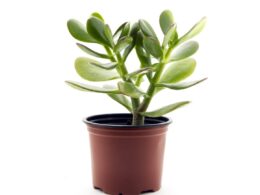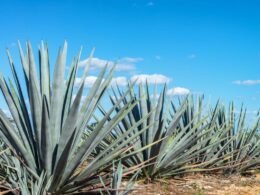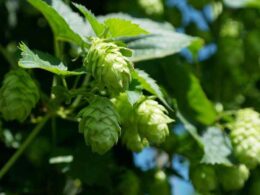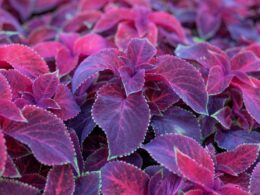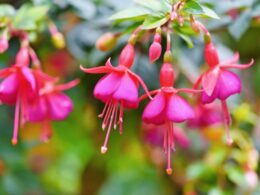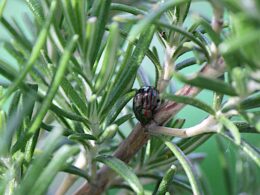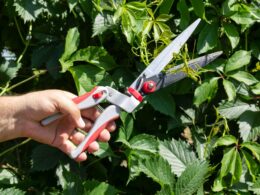Coffea Arabica
Coffee is a tropical plant that thrives in warm, humid conditions. If you live in an area with a climate similar to this, then you are lucky! Growing coffee plants outdoors is relatively easy and does not require much effort. However, if you live in a more temperate climate, or if you simply do not have the space to grow coffee plants outdoors, don’t worry! You can still enjoy your fresh coffee at home by adoring your own arabica coffee plant indoors.
Coffee Plant Care
Arabica coffee plants are well-suited for indoor growth because they are relatively small and do not require a lot of space. They also prefer mild temperatures to hot, so your home should provide the perfect environment for them. Always keep them above 65 F and in perfect humidity.
Watering
When it comes to watering your coffee plant, it is important to remember that they prefer to be kept on the humid side. This means that skipping its watering routine and letting it drink after a week’s break is not a good idea. However, if you water too often, or if you allow the soil to become too wet, this can lead to problems such as root rot.
Fertilizing
When it comes time to fertilize your coffee plant, use a balanced fertilizer that contains both nitrogen and phosphorus. Apply the fertilizer every two months during the growing season (spring and summer), and then reduce the frequency to once a month during fall and winter.
Common Arabica Concerns
Common coffee plant care problems include pests such as aphids and mealybugs, as well as diseases such as coffee rust. To combat these problems, it is important to inspect your plant regularly and take action as soon as you see any signs of trouble. If you catch problems early, they will be much easier to deal with. Rotting due to water excess or leaf dropping due to sunburn or fungi issues are common concerns too.
Coffee Arabica. Can It Grow Coffee Beans?
It’s possible that an indoor house arabica Coffee Plant could grow coffee beans, but it’s unlikely. Arabica coffee plants need a lot of direct sunlight in order to produce beans, and most indoor houses don’t have enough light. In addition, the plant needs a steady supply of water and nutrients, which can be difficult to provide indoors. Even if the plant does produce beans, they may not be of the same quality as beans grown in more ideal conditions. For these reasons, it’s generally best to grow coffee plants outdoors.
The Perfect Soil
You might not realize it, but the type of soil and fertilizer you use for your coffee plant can have a big impact on the condition of your coffee flowers. Most coffee plants need rich, well-drained soil in order to thrive. The best way to achieve this is to mix compost or manure into the top layer of soil, but this might be hard at home. You should also add a slow-release fertilizer to the soil before planting the coffee beans. Once the plant is established, you can feed it with a liquid fertilizer every few weeks. Be careful not to overfertilize, as this can lead to problems such as leaf burn. By paying attention to the type of soil and fertilizer you use, you can ensure that your coffee plant has everything it needs to produce great-tasting coffee.
The Perfect Pot
One of the most important things to consider when growing coffee is the type of pot you use. The ideal pot for coffee plants is one that is roughly 12 inches wide and 18 inches deep. It should also have drainage holes to help prevent the roots from sitting in water. In addition, the pot should be made from a material that will allow the roots to breathe. By following these guidelines, you can ensure that your coffee plant has everything it needs to thrive.
Pruning Your Coffee Arabica
As anyone who has ever tried to grow coffee at home knows, getting the plant to produce beans can be a challenge. The plant needs just the right amount of sunlight and water, and even then, it may only produce a handful of beans. One thing that can help encourage bean production is pruning. By trimming back the branches of the coffee plant, you can allow more sunlight to reach the leaves and encourage the plant to focus its energy on producing fruit. The best time to prune your coffee plant is in the early spring, before the plant begins putting out new growth. With a little coffee plant care and attention, you can ensure that your coffee plant produces a bountiful crop of white flowers.
Propagating Coffee Plants
If you’re a coffee lover, you may be interested in propagating your own coffee plants at home. While it’s not difficult to do, there are a few things you’ll need to keep in mind to ensure success. Coffee plant care can involve propagattion from seed, but they generally take longer to mature and produce fruit this way. It’s much easier to propagate from cuttings taken from an existing plant. When taking cuttings, make sure to choose healthy stems that are about 6 inches long. You’ll also need to use a sharp knife or pruning shears to make a clean cut just below a leaf node. Once your cutting is ready, dip it in rooting hormone and plant it in moistened potting mix. Place the pot in a warm, sunny spot and keep the soil moist.
Caring for Your Arabica. Time to Conclude
Following these tips, you should have no trouble growing a healthy coffee plant indoors. Just remember to give your plant plenty of light (not direct), water it when the soil is dry, and fertilize it every couple of weeks during the growing season. With a bit of care, you will be enjoying fresh coffee in no time! Thanks for reading! We hope this article on coffee plant care was helpful.





